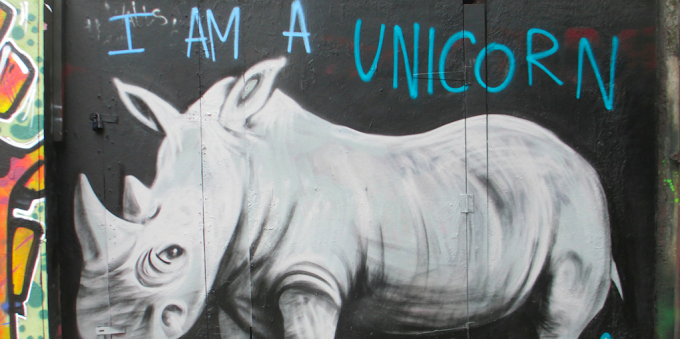This August 21 at midnight, the controversial ruling that forced Uber and Lyft to reclassify all drivers affiliated with these applications as employees came into force in California.
However, an appeal to a higher court succeeded in suspending the measure and thus buying both companies sometimes.
This is the only time they have earned, the suspension is not a final decision, but it gives both companies more time to better work on their strategies.
Now that it represents that two technology companies that connect drivers with customers, should become the new bosses of all affiliated drivers:
1) In the case of both companies, this represents a total operational restructuring, where only Uber will have to add approximately 51,000 new direct employees.
2) The consequence of this is an exorbitant increase in the size of the payroll of both companies that directly affects the profitability of the business.
3) As a curious fact, both companies have not been profitable, Lyft ceased to be a Unicorn Company in March 2019 and Uber did the same in May of that same year, when it went public on Wall Street. however, to date none has been profitable.
4) On the other hand, under this scenario of increased costs, one of the most sensitive elements that would be affected is the price of services. That means that the price for transferring people should go up.
5) Now an increase in the price of transfers happens because of the demand for the service contracts according to economic theory, without forgetting that a differentiating factor of Uber and Lyft with respect to traditional taxis is the convenience of their price.
6)
For traditional taxi drivers, the existence of Uber and Lyft is
unfair competition, even in some countries such as Argentina,
Bulgaria, Denmark, and Hungary they have banned their use, in fact,
some cities in the world have joined.
However, the
convenience of the price, the ease of connection via the app, and the
advantages of hiring vehicles in better conditions have made the ban
uphill.
Even countries such as Colombia or Brazil came to
prohibit its use to later reverse the measure.
The reality is that whoever intends to remove Uber and Lyft from their country must offer the user a suitable substitute, otherwise, the user will see it as an offense to force him to use expensive traditional taxis.
7) Another reality that these technology companies will have to face will be the unions that will be formed around these workers and this represents a complete deformation of the business model that can lead to collapse.
In fact, when the CEO of Uber Dara Khosrowshahi, shows the impossibility of complying with the demands of the judge of the Superior Court of California, Ethan Schulman. This is done because most likely you know that what is at stake is the future of the company.
The AB5 law (it is the state law that makes it difficult for these companies to use independent contractors) not only represents a threat in the future of these two large companies but if its execution is carried out they create a precedent that threatens the future of any company that works under schemes Similar like Amazon with Amazon Flex.
Uber and Lyft most likely have many areas to improve, which are perhaps partly the motivations that lead to a significant number of drivers in California to request to be recognized as employees and not as contractors.
But it is also important to remember that the business model of these organizations offer subscription on their platform as a way to obtain additional income in your free time and not as a permanent job, who in the end makes it permanent is the driver when deciding to dedicate 8 hours of a daily shift.
What if Uber AND Lyft decided to restrict the use of its platform to its driving partners to just 6 or 4 hours a day? Or if it were as FOODORA in Montreal, Quebec, a Delivery via app company that was forced to absorb the delivery men, in the end, Foodora left the city and its delivery men were left without a way to generate additional income.
I think that in the end the law is not completely adapted to the new times and the culture of wanting to be a dependent worker still resists in our DNA, hopefully, the syndéresis will shine and this is an opportunity for the new to take hold and be made adjustments that allow for balance without wiping out such valuable initiatives as Uber and Lyft.







0 Comments